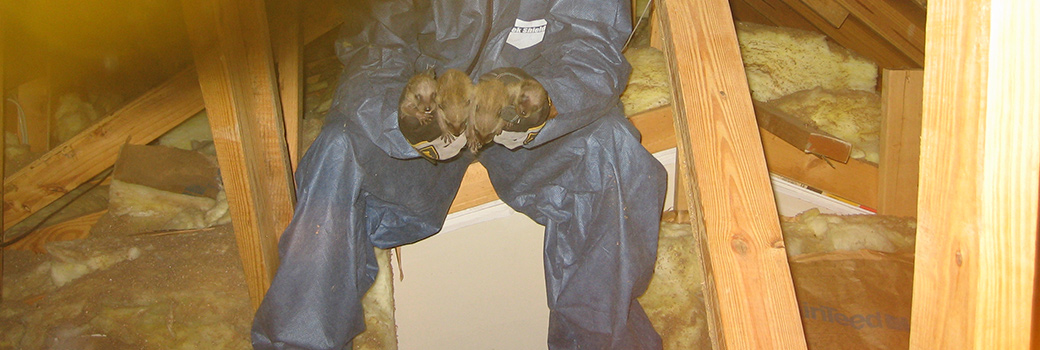- Scranton Educational Article of the Month - WHAT DO WILDLIFE REHABILITATORS DO WITH RACCOONS?
WHAT DO WILDLIFE REHABILITATORS DO WITH RACCOONS?
WHAT DO WILDLIFE REHABILITATORS DO WITH RACCOONS?
Wildlife rehabbers cater for tomorrow’s Scranton wildlife. At times raising an orphaned wild
animal is very time-consuming, labor-intensive daunting task. In case of an orphaned
baby raccoon or any injured raccoon possibly a local licensed raccoon rehabilitator
will help. They are wonderful people with a mission to help wildlife. The time and
dedication the wildlife rehabilitator takes is very important to support local Scranton rehab
centers.

Before considering an injured or orphaned raccoon the Scranton rehabilitator will assess few specifications:
• The state of the raccoon, the hydration of the raccoon.
• If you have managed to hydrate the baby at home the rehabilitator will begin with milk feedings.
• They will feed the baby raccoons on their stomach at least five times during a 24 hour period, they
are well aware when the stomach seems to be full.
• The wildlife personnel are well-versed with the mechanism of manual stimulation of the bladder and
rectum and therefore encourage the kit to use the bathroom at the right time, after each feeding. They
take care that the raccoons are not over fed as they have a habit of overeating.
• They baby is in rehab separated from her mother who usually teaches them the sensation of eliminating
waste , the mother raccoon uses her tongue to do this. The Scranton rehabilitators very well feel that the raccoons
need the same kind of sensation so they train the raccoon using a warm, wet towel or cotton ball.
• In the wildlife rehabilitator center only after about eight weeks, they tag them ready for canned kitten
food. Eventually they are allowed to have fruits, vegetables and few chunks of cat and dog foods.
• Then after 10 week time the rehabilitator introduces the baby raccoon to the outside world. They don’t
expose the baby all of the sudden to the wild world rather slowly try to accommodate the baby and make her
learn about the nature, before leaving on its own.
• At times they teach the tiny raccoons to fish by offering a shallow pool stocked with minnows. Gradually
with days passing by the little raccoons will become more at home in the natural environment. Till now they
are not on their own, the Pennsylvania rehabilitator decides the right time when the juvenile raccoons will be released
into a protected land.
• Wildlife rehabilitations are well equipped to face the dangers of raccoon roundworms. Once they have
quarantined the young animal for a period of time, the next big task for the rehabilitator is to deworm it
with pyrantel-based roundworm killing agent. This killing agent is the same ingredient used to kill pinworms
in people and other roundworms.
• Two other illnesses seen in raccoons and cured by most of the Scranton wildlife rehabilitators are leptospirosis
and giardia.
It’s a request to donate if you bring a raccoon to a rehabber as it is very expensive to raise a raccoon!
To learn more about our services, visit the Scranton wildlife removal home page.

